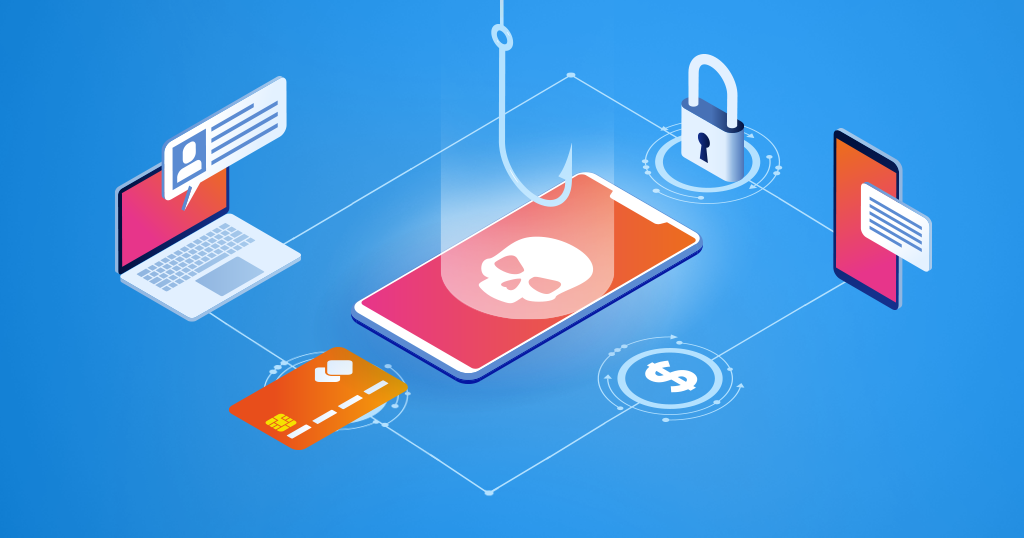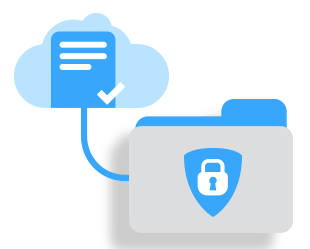
Bank wire fraud scams are at an all-time high according to the FBI, and in 2018 over 11,000 victims in the US lost nearly $900 million due to real estate wire fraud, a whopping 166% increase in the total money lost compared with 2017. Wire fraud is a high stakes game with huge amounts of money being transferred, making it irresistible to thieves.
In real estate, a wire transfer is the most common transaction to complete the sale of a property, usually to another bank, clearinghouse, or title company, with funds to pay off a loan or make a purchase. But, even the most reliable email-based networks can suffer from fraud.
Agents face constant challenges to keep their data and their clients’ information safe on the Internet. Digital hackers evolve techniques for email phishing, texting spoofs, and voicemail spam. It’s not like you can stop answering your phone to avoid the spammers with fake cell phone numbers, because it might be a new buyer calling!
Many brokerage offices have dug in deep to the paperless idea. A central hubs like DotLoop, Propy, SkySlope for storing all documents for agent’s buyers and seller transactions, helps not only stay organized and efficient but also secures the files better than having them sit on a real estate agent’s unprotected home laptop.
How secure are your documents?
But what about documents of a secure site? Efforts to increase security have brought us to digitally locked, secure documents from DocuSign, Propy, Dotloop, or Adobe PDF’s, or similar programs. You can lock your client’s documents and still not be entirely secure because the gap is not on this end. Wire fraud begins the moment you send a “secure document” via email.
With most real estate transactions relying heavily on the Internet and email, the most common form of wire fraud is email phishing. This happens when a hacker takes a spoofed email address and gets into your buyer’s inbox. Your client clicks on it, thinking it is from you, their real estate agent, or the title company handling their transaction, or possibly their lender. The email may contain a link to submit personal account information online, often looking very similar to the real company site. The victim clicks on the email link, believing it is legitimate, and gives up their bank account information, passwords, and trusts the wrong system.
Why is this so important now?
It’s more widespread than you think. Take for example, this California woman who learned how quickly wire fraud can happen.
Her private emails were first intercepted by scammers, who then took the information about her upcoming closing. Then they spoofed her real estate agent’s email and closing company’s emails as well. The fake emails looked legitimate, as if they were from the real agent, and she was not aware until it was too late. She followed the hacker’s instructions to send the wire transfer instead of bringing a cashier’s check to the closing. When she arrived at the closing, the title company told her the money never arrived. It was too late to stop it at her bank. The money was gone. Now, she wants to make sure her story is heard, so another person won’t lose their life savings.
Make your documents unbreakable
Getting off the unsecured email system is key to maintaining you and your client’s security. That’s where blockchain comes in. Hold on, you don’t have to go farther than this: imagine an Excel spreadsheet duplicated thousands of times across a huge network of computers. Then image this network is designed to routinely update this single spreadsheet. That’s the basic blockchain. So even if a hacker sneaks in, diverts the document and tried to change it in any way, guess what? They can’t.
Instead, a platform like Propy keeps track of all the updates to the document on their platform, but since it is stored in multiple locations and updated instantly, it is much harder to hack multiple places simultaneously in millions of locations. Your clients’ sensitive information and documents will be secure.
For the best security, ditch the emails and get your data on lockdown. With Propy’s secure, all in one platform, the blockchain records and shares every transaction that occurs in the network. It adds an extra layer of security for every document, so no one else can access or change your documents.
Utilizing a platform instead of email, Propy just sends system messages to the user, making it impossible to impersonate real estate agent’s email account. Your clients will not be vulnerable to email hacks. You and your clients can trust the Propy system to secure your files and reduce the risk of wire fraud.

What else can you do to improve document security?
Share these with your clients today to better protect yourself and your clients from wire fraud:
1. Never send money to someone you’ve never met in person. Scammers like to remain anonymous and they always have an excuse to not meet you.
2. Talk to your title agents, closing teams, clients and lenders about wire fraud scams, before, during, and after your closing.
3. Use a reputable and secure money transfer service such as Propy. Never verify your account details, passwords or account numbers via email. Call or go directly to the site, and confirm the email was initiated from the provider.
4. Always trust your instincts, in case a strange email comes in from your agent, lender or closing agent, it never hurts to double-check with them before giving out sensitive information.






